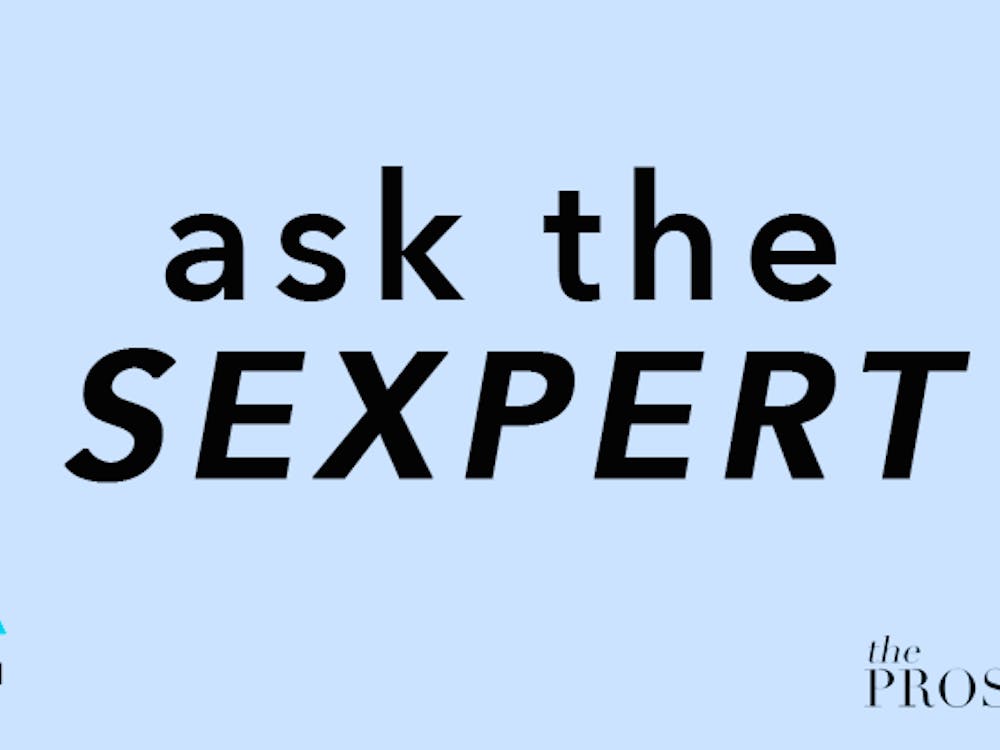Dear Sexpert,
I recently became sexually active, and I feel like it’s good idea for me to go on birth control. However, I have a medical condition that precludes me from using any medications that involve estrogen. Does this mean I can’t use any birth control at all? I obviously want to be safe, but I’m not sure what my options are if I can’t use estrogen. Help me out!
Sincerely,
Estrogen Free
Dear Estrogen Free,
Congratulations on recognizing the need to practice safer sex! When it comes to choosing a contraceptive method that’s right for you, it’s important to consider your specific needs, so it’s great that you’re exploring your options. Luckily for you, there are plenty of birth control methods that don’t use estrogen — and many that don’t use hormones at all. In fact, many people choose to use non-hormonal contraceptives: forms of birth control that do not contain estrogen, progestin (another hormone used in some birth control) or any other hormones in order to protect you from pregnancy.
The reason that it’s important to know whether you require an estrogen-free or hormone-free form of birth control is that using these hormones may put you at risk if you have certain medical conditions. For example, those who smoke, suffer from migraines with aura or have a history of blood clots are often discouraged from using estrogen-based birth control because estrogen can increase the risk of blood clots. For these people and others who can’t take estrogen, there are hormonal options that contain progestin rather than estrogen; the birth control shot Depo-Provera, intrauterine devices (IUDs) Mirena and Skyla, the implant Nexplanon and the mini-pill are all effective, progestin-only contraceptives.
Still other factors might prevent some people from being able to use any form of hormonal birth control, including personal preference. Whatever the case, there are still plenty of options. The most effective are abstinence and the Paragard IUD, which is completely hormone-free and made of copper. Other hormone-free methods include condoms, both external (“male”) and internal (“female”); the cervical cap; the diaphragm; and the sponge.
Whatever you choose, it’s important to recognize that not all of these methods provide protection from sexually transmitted infections. The external and internal condoms and abstinence are the only methods of contraception that also protect against STIs. It’s therefore necessary to communicate with your partner about the use of these barrier methods and STI testing, even if you’re using another form of birth control to prevent pregnancy.
All that being said, it’s important to always consult with a healthcare provider so you can make the best decision for yourself. Sexual Health and Wellness Services provided by McCosh Health Center is a great resource — you can speak with clinicians about your options based on your personal medical history, get more information about each type of contraceptive available to you and discuss any questions or concerns you might have. Thankfully, trying to find the right contraceptive isn’t something you have to do on your own!
-The Sexpert

Information on STI prevention and birth control methods, including non-hormonal methods: http://bedsider.org/en/methods
Information about risk factors and estrogen-based birth control: http://www.ncbi.nlm.nih.gov/pmc/articles/PMC2938905/
Information on non-hormonal contraceptive method from the Association of Reproductive Health Professionals: http://www.arhp.org/publications-and-resources/quick-reference-guide-for-clinicians/non-hormonal-choosing








